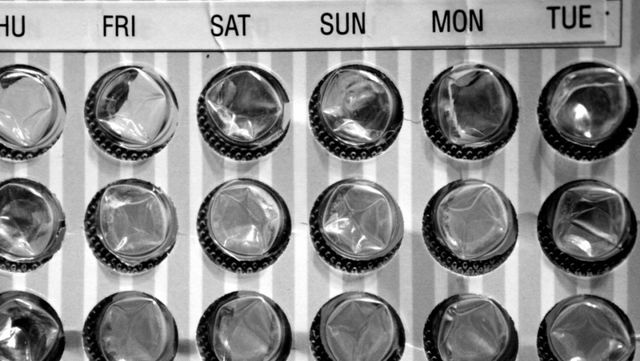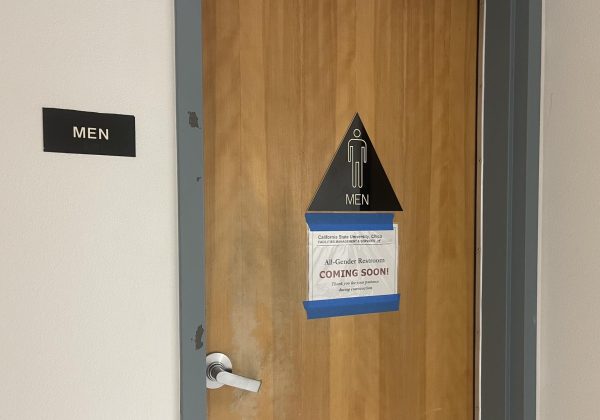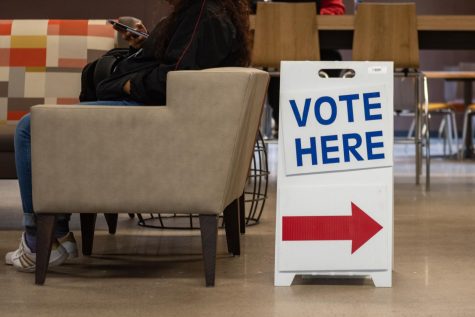Universities can now choose to stop covering students’ birth control
On Oct. 6 The Trump Administration released a mandate issuing to expand the rights of employers to deny women insurance coverage for contraception and issued guidance on religious freedom that critics said could also erode civil rights protections for lesbian, gay, bisexual and transgender people. This issue is crucial to the future of college health departments and how they choose to provide contraceptives to students.
Notre Dame University took the opportunity to utilize this by denying woman birth control through the University. However, due to opposition within the community, this mandate was reversed.
According to the Department of Health and Human Services, it leaves it up to the employer whether they will continue to provide birth control insurance. They will have to provide a 60-day notice if there will be changes to the birth control coverage.
The administration released two rules; one offering an exception based on religious belief and one on moral beliefs. This means that any company holding religious or moral oppositions to birth control can choose to withhold contraceptive coverage from its employer altogether.
“At this point, we aren’t yet seeing many effects,” says Sophia Navarro, VP of community and government relations for planned parenthood.
Chico state has given no formal notice nor signs of reforming its current family pact method. The health center has yet to comment on the topic of the matter.
“It seems the Trump administration continues to attack rights for women, and this is another way we are seeing it happen,” says Navvaro. “The best thing at this point we can do is to provide people with accurate info what their options are. Write letters to the university or school administration if you want to advocate for change. We are definitely seeing an uptick of folks concerned about their rights and changes.”
Considering the retaliation that Notre Dame faced because of their reform, there have been many debates on the morality aspect of this issue. Chico State student and GSEC intern, Jane Raley, explained why a revocation of free access to contraceptives would be detrimental to students.
“Free contraceptives are important for me and all students because they prevent unwanted pregnancy and help regulate my menstrual cycle, along with many other women,” Raley said. “It also helps with cramps and acne. Using birth control because you have sex should be something that no one should be ashamed of and fear of pregnancy shouldn’t be a punishment. This is why we can’t have it taken away from us.”
Contact Northern CA action fund to ask universities to make the changes now about ensuring access to contraceptives in insurance plans for students who choose to do so. The number of further info is 925-887-5353.















